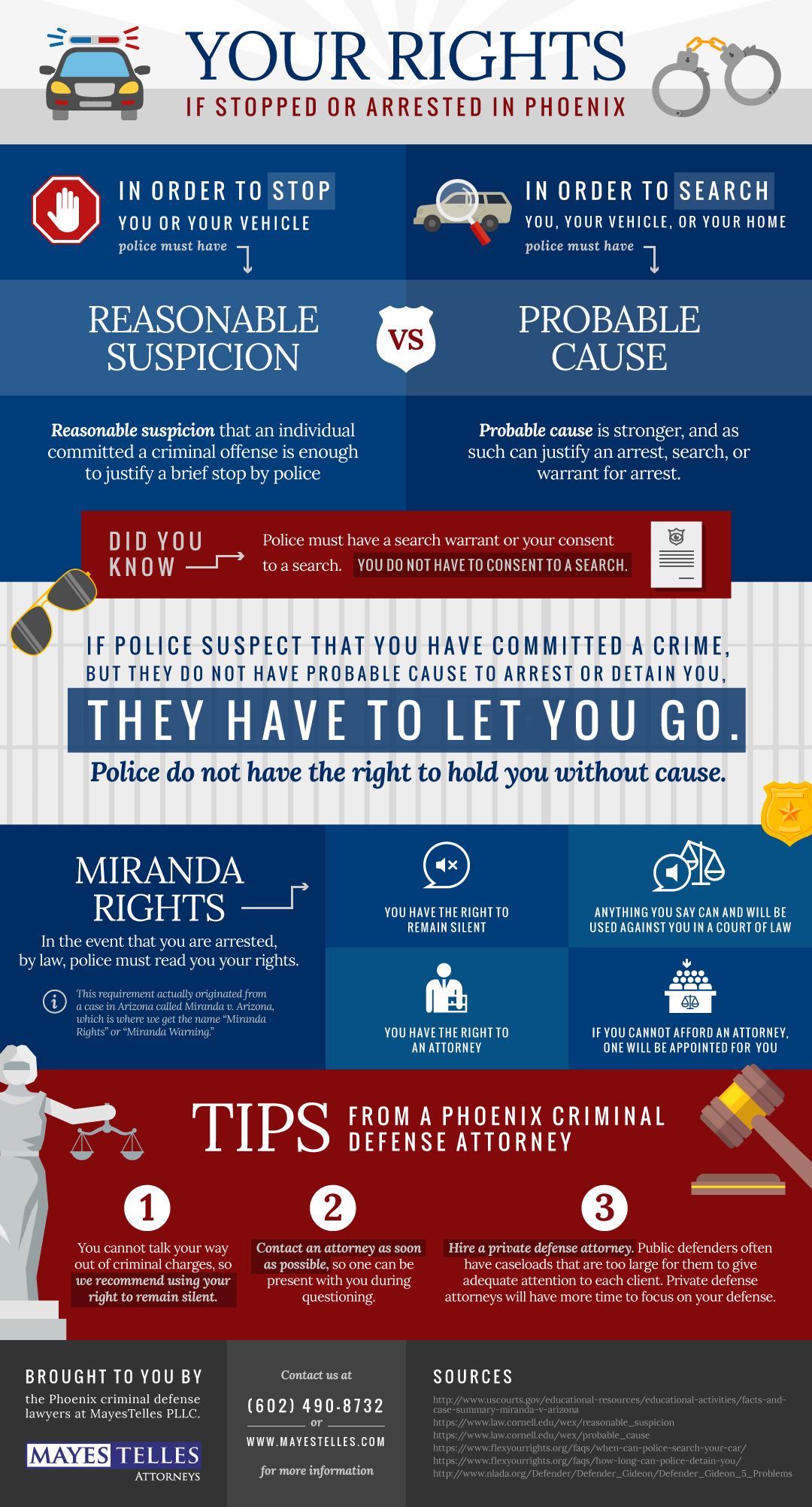An Overview Of The Criminal Test Process: A Detailed Step-By-Step Guide
An Overview Of The Criminal Test Process: A Detailed Step-By-Step Guide
Blog Article
Content Author-Butcher David
When you step into a criminal trial, you could be shocked by the structured procedure that unravels. It all begins with jury selection, where potential jurors are inspected for prejudices via a technique called "voir dire." Afterwards, both sides provide their opening statements, establishing the stage for the proof and testimonies to follow. You'll see exactly how the prosecution and defense build their cases, but what happens next can substantially influence the outcome. Comprehending click this link now can expose the intricacies of justice, but there's more to reveal concerning the critical moments that comply with.
Jury Choice Process
When it pertains to the jury choice process, you're diving into a critical phase of a criminal trial. This procedure, typically called "voir dire," includes doubting prospective jurors to guarantee they're impartial and efficient in delivering a fair judgment.
You'll see both the prosecution and defense attorneys participating proactively, each intending to pick jurors that align with their instance's story.
Throughout voir dire, you'll discover that attorneys ask concerns concerning jurors' histories, beliefs, and experiences. Their goal is to determine any kind of pre-existing predispositions that could affect a juror's decision. As just click the following internet page , you might feel a mix of nervousness and inquisitiveness, but your sincerity is vital.
After questioning, lawyers can challenge particular jurors for reason if they think a juror can not continue to be objective. They can also use a restricted variety of peremptory difficulties to disregard jurors without mentioning a factor.
Trial Phases Explained
The phases of a criminal trial play an important duty in guaranteeing a fair and organized procedure.
You'll first come across the opening declarations, where both the prosecution and protection detail their cases. This establishes the stage for what's to find.
Next off, the prosecution offers its proof and witnesses, intending to show the accused's shame beyond a reasonable doubt. You'll see straight exam followed by interrogation, permitting both sides to test the here and now details.
After the prosecution relaxes its instance, it's the defense's turn. They'll present their proof and witnesses, often focusing on creating reasonable uncertainty. You'll see that the defense doesn't have to prove virtue; they just need to challenge the prosecution's case.
Once both sides have provided their arguments, you'll listen to shutting declarations, where each celebration summarizes their situation. This is vital as it reinforces their positions prior to the court ponders.
Throughout these phases, the court guarantees that the test sticks to lawful criteria and that the civil liberties of both events are secured.
Understanding these stages will help you appreciate the intricacies associated with a criminal test and the importance of each action in the search of justice.
Verdict and Punishing
Besides evidence has actually existed and disagreements made, the jury or judge provides a decision, determining the offender's regret or virtue. If you belong to the court, you'll ponder with your fellow jurors, going over the evidence and your perceptions. This process can take some time, as you'll wish to make sure everyone agrees on the judgment based upon the realities.
As soon as a decision is reached, it's revealed in court. If the offender is found guilty, the following phase is sentencing. This is when the court decides the appropriate punishment. You might notice that different factors influence the sentence, such as the intensity of the crime, the defendant's previous document, and any mitigating conditions.
The judge might enforce a series of sentences, from penalties and social work to imprisonment. Occasionally, the defense or prosecution can offer arguments pertaining to sentencing, trying to sway the court's choice.
If the accused is found not guilty, they're acquitted, and no punishment adheres to. Bear in mind that a guilty verdict can typically result in allures, where the defendant may test the judgment or the sentence enforced.
Final thought
In a criminal trial, you've seen exactly how crucial each step is, from court option to the last decision. what are criminal defences have actually complied with the prosecution and defense as they construct their instances, aiming to persuade the court. Once deliberation finishes up, the judgment figures out the result, and if the accused is found guilty, the sentencing stage begins. Understanding these procedures aids you appreciate the complexities of the justice system and the value of each duty in making sure a reasonable test.
